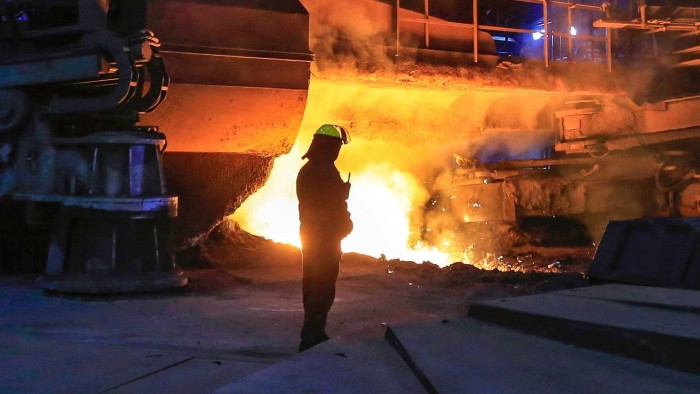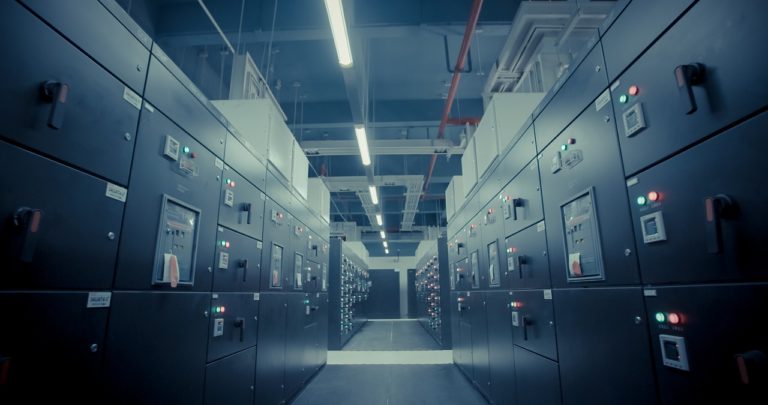Unlock the Editor’s Digest for free
Roula Khalaf, Editor of the FT, selects her favourite stories in this weekly newsletter.
Ministers have discussed using new legislation to wipe out British Steel’s debts of close to £1bn, according to Whitehall figures, a controversial move that some in government believe could ease a sale of the business.
The Chinese-owned steelmaker has been under the control of the UK government since April after ministers passed an emergency law to block owner Jingye from deactivating one of its two blast furnaces.
British Steel had debts of £736mn in 2023, the most recent year for which accounts are available, almost entirely owed to Jingye and related companies. Government and industry figures said the figure is now just under £1bn.
Specific legislation that would wipe out the money Jingye is owed could damage business confidence in the UK and exacerbate tensions with Beijing.
One person close to the situation said the government has been assessing whether it can “shake off” British Steel’s huge debts through a new bill as it tries to secure a buyer for the company to avoid a full nationalisation. They stressed no decision had been taken.
“If you are trying to sell the business and want a clean sheet then that would be helpful,” said a second person close to the situation.
But Nick Moser, head of UK restructuring and insolvency at Taylor Wessing, said “lawyers will be wary of anything that is seen as setting a wider precedent, as that could undermine confidence in the financing of that sector and potentially more widely”.
Jingye last month declined a £500mn offer of state aid designed to help secure a transition to greener forms of steelmaking at British Steel, which is losing around £700,000 a day.
Ministers then responded by intervening to take control of British Steel, passing a law that allowed the government to order the steelmaker to keep running its blast furnaces.
The company, acquired by Jingye in 2020, employs about 3,500 people in the UK including 2,700 at its flagship Scunthorpe plant. Its blast furnaces are the last in Britain.
China’s foreign ministry in April warned the UK government to “treat Chinese-invested enterprises in the UK fairly and impartially” and “protect their legitimate rights and interests”.
“Jingye put in substantial funding to keep the company afloat,” Beijing’s embassy in London also said in April.
The Department for Business and Trade and the Treasury declined to comment. Jingye did not respond to a request for comment.
Business minister Jonathan Reynolds told MPs this month that the government had put aside £94mn of taxpayers’ money to keep the furnaces burning while trying to find a private buyer.
April’s emergency legislation envisaged the government paying compensation to Jingye.
“The expectation is that there needs to be some kind of transaction that allows everybody to save face, it’s not quite clear what the appropriate level is,” said one person close to the matter.
Steelmaking in Britain is facing challenges from a global glut of steel and high energy prices in the UK. Before the government’s intervention Jingye had started a consultation on job losses and was preparing to idle one of the furnaces.







